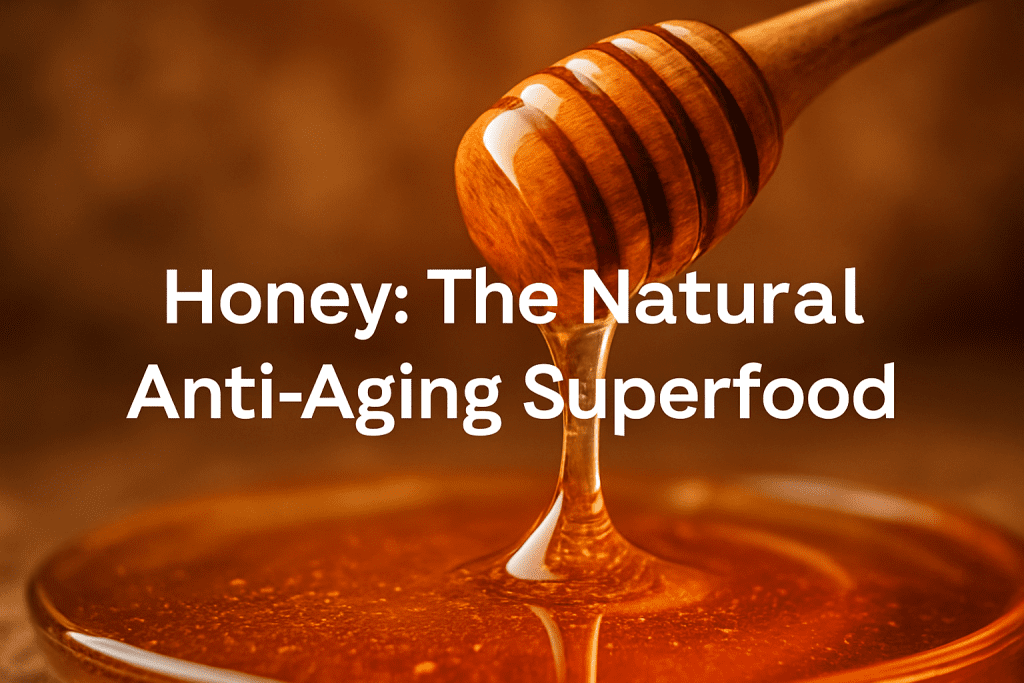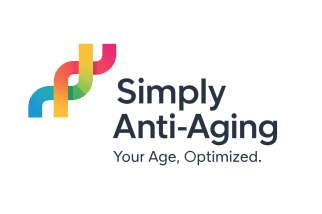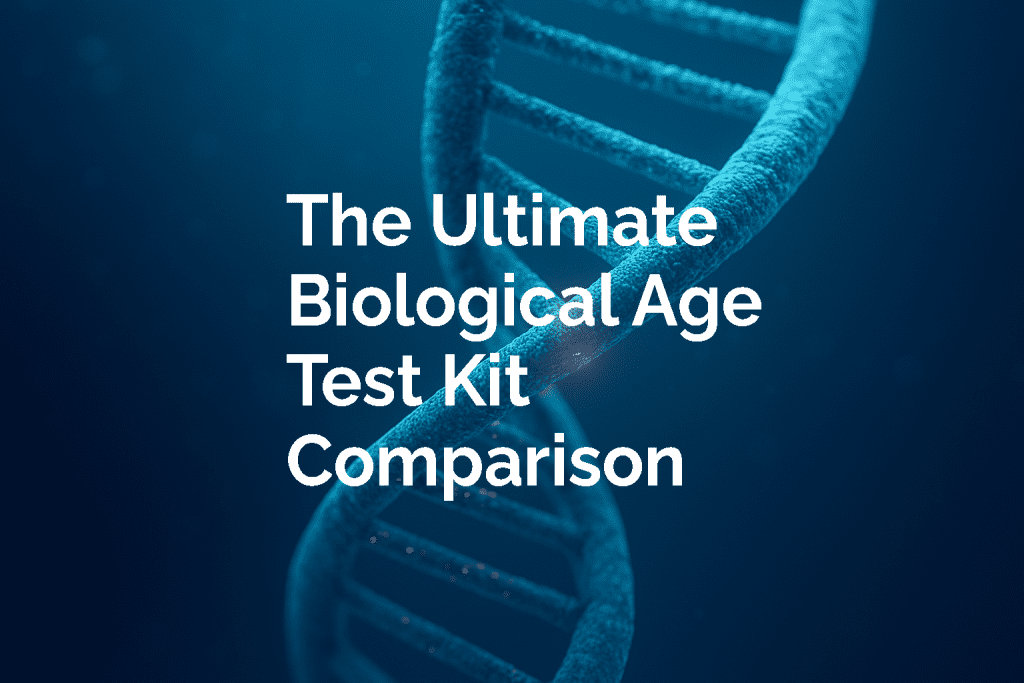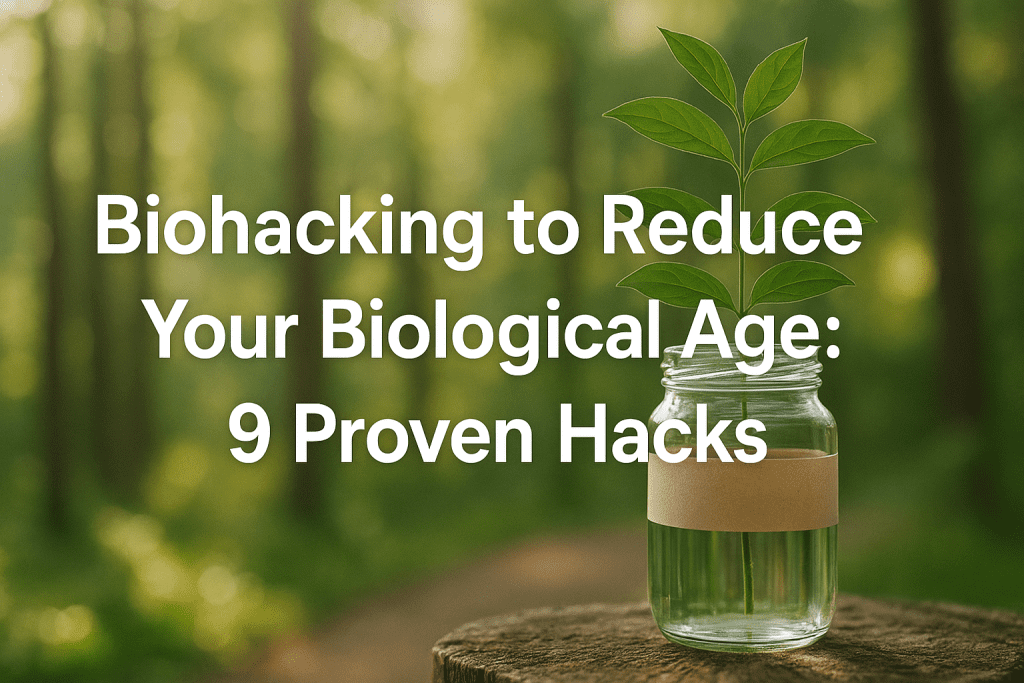
Honey isn’t just sweet, it’s one of nature’s most powerful healing tools. When it comes to longevity and skin health, honey anti-aging superfood benefits are backed by science. From reducing oxidative stress to hydrating aging skin, honey delivers support inside and out. 🧪
So what does honey really do for aging? And how can you use it to support healthy aging long-term?
🍯 What Makes Honey a Healing Food?
Raw honey contains over 180 bioactive compounds, including:
- Polyphenols (powerful antioxidants)
- Natural enzymes like glucose oxidase
- Trace minerals like magnesium, selenium, and zinc
- Natural prebiotics and acids
These help reduce inflammation, fight free radicals, and support immune health: three essential areas for slowing down aging.
🧬 How Honey Supports Anti-Aging (Internally)
1. Fights Oxidative Stress
One of the key drivers of aging is oxidative stress, damage caused by free radicals. Honey is rich in antioxidants that help neutralize those radicals, protecting cells from early aging.
In a 2017 NIH-backed review, honey was shown to increase antioxidant status in human plasma, a key marker for anti-aging protection.
2. Supports Brain and Cognitive Health
The aging brain faces more inflammation and risk of decline. Animal studies suggest that honey can improve memory performance and reduce neuroinflammation, helping protect against age-related cognitive decline.
3. Gut and Immune Health
Raw honey feeds beneficial gut bacteria and supports immune resilience, both of which are tied to how well (or fast) you age. Better gut balance also means better skin, digestion, and inflammation control.
💆♀️ Honey for Skin: A Natural Topical Ally
Hydration and Moisture Lock
Honey is a natural humectant, it attracts water and keeps it there. That’s why it helps dry or mature skin look more plump and dewy.
May Support Collagen Production
Some studies show that honey may stimulate collagen, the protein that gives your skin its firmness and bounce. Collagen declines after age 30, so this is key.
Fights Inflammation and Breakouts
Honey has antimicrobial powers and helps calm inflamed skin. Great for aging skin that’s also breakout-prone.
🥄 How to Use Honey for Anti-Aging
Eat it (moderately):
- 1 tsp daily of raw, unfiltered honey
- Add to tea (not boiling), smoothies, or toast
- Avoid overheating, heat destroys enzymes
Apply it:
- Use raw honey in DIY face masks with yogurt, turmeric, or aloe
- Spot-treat fine lines or blemishes
- Leave on for 15–20 min, rinse gently
⚠️ A Few Cautions
- Always choose raw, unfiltered honey, processed honey loses benefits
- Patch-test before applying to skin
- Never give honey to infants under 1 year
Honey won’t replace sleep, nutrition, or sun protection, but it complements a good routine beautifully.
🧪 Want to Know How You’re Really Aging?
If you’re trying anti-aging foods like honey, it’s smart to track your progress. See which biological age test gives the best results for your goals: Compare your options here.
What makes honey an effective anti-aging food for both skin and internal health?
Honey anti-aging food benefits come from its unique mix of antioxidants, enzymes, and natural acids. Internally, it helps fight oxidative stress, one of the main causes of cellular aging. When applied to the skin, it locks in moisture, supports collagen production, and calms inflammation. These combined effects make raw honey a simple but powerful tool in your anti-aging routine.
How often should I use honey for anti-aging results, and what’s the best way to apply it?
For best results, use honey anti-aging food both internally and topically. Eat 1 teaspoon of raw honey daily, ideally in the morning or after workouts. For skin, apply a thin layer once or twice a week as part of a DIY face mask or gentle moisturizer. Avoid commercial honey products with additives, always choose raw, unfiltered honey for full benefit.
Can honey really reduce visible signs of aging like wrinkles and sagging?
Honey won’t erase wrinkles overnight, but it can improve the appearance of fine lines and dry, aging skin. As a humectant, honey draws moisture into the skin, keeping it hydrated and more elastic. Some studies also show it may promote collagen, the protein that maintains skin firmness. That’s why honey anti-aging food is popular among natural skincare users.
Are there any downsides to using honey as an anti-aging food?
Raw honey is generally safe, but not perfect for everyone. Some people may experience skin irritation or allergies, so always patch-test before applying it to your face. Internally, honey still contains sugar, so if you’re diabetic or on a low-glycemic diet, use it sparingly. Like any natural remedy, honey anti-aging food works best when it complements a full healthy lifestyle, not as a standalone fix.
Is raw honey better than Manuka or store-bought honey for anti-aging purposes?
Raw, unfiltered honey is the best choice for anti-aging benefits. It retains the enzymes, antioxidants, and bioactive compounds that processed honey loses. Manuka honey is also excellent due to its high antibacterial content, but it’s more expensive and not always necessary. The key is to choose real, unprocessed honey if you want the full effects of honey anti-aging food on both your skin and body.



